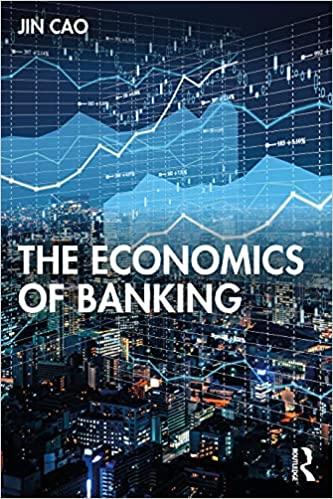Consider a market in which there are (N) banks and (N) buyers of securities. Each bank owns
Question:
Consider a market in which there are \(N\) banks and \(N\) buyers of securities. Each bank owns a security that ensures a return \(R\) in the next period. Half of the securities ensure a return \(R=1\), and half ensure a return \(R=0\). If a bank does not sell the security, the
security is worth \(\underline{R}=\frac{1}{2} R\) to the bank in the next period, while buyers get a utility from a security equal to its return. The time discount factor is normalized to 1. Banks know the return of their own security, while buyers only know the distribution of returns.
(a) Is there a price for which all securities are sold?
(b) Is there a price for which securities are sold only if \(R=0\) ?
(c) Will the result in question (a) change if \(\underline{R}=R\) instead?
Step by Step Answer:






